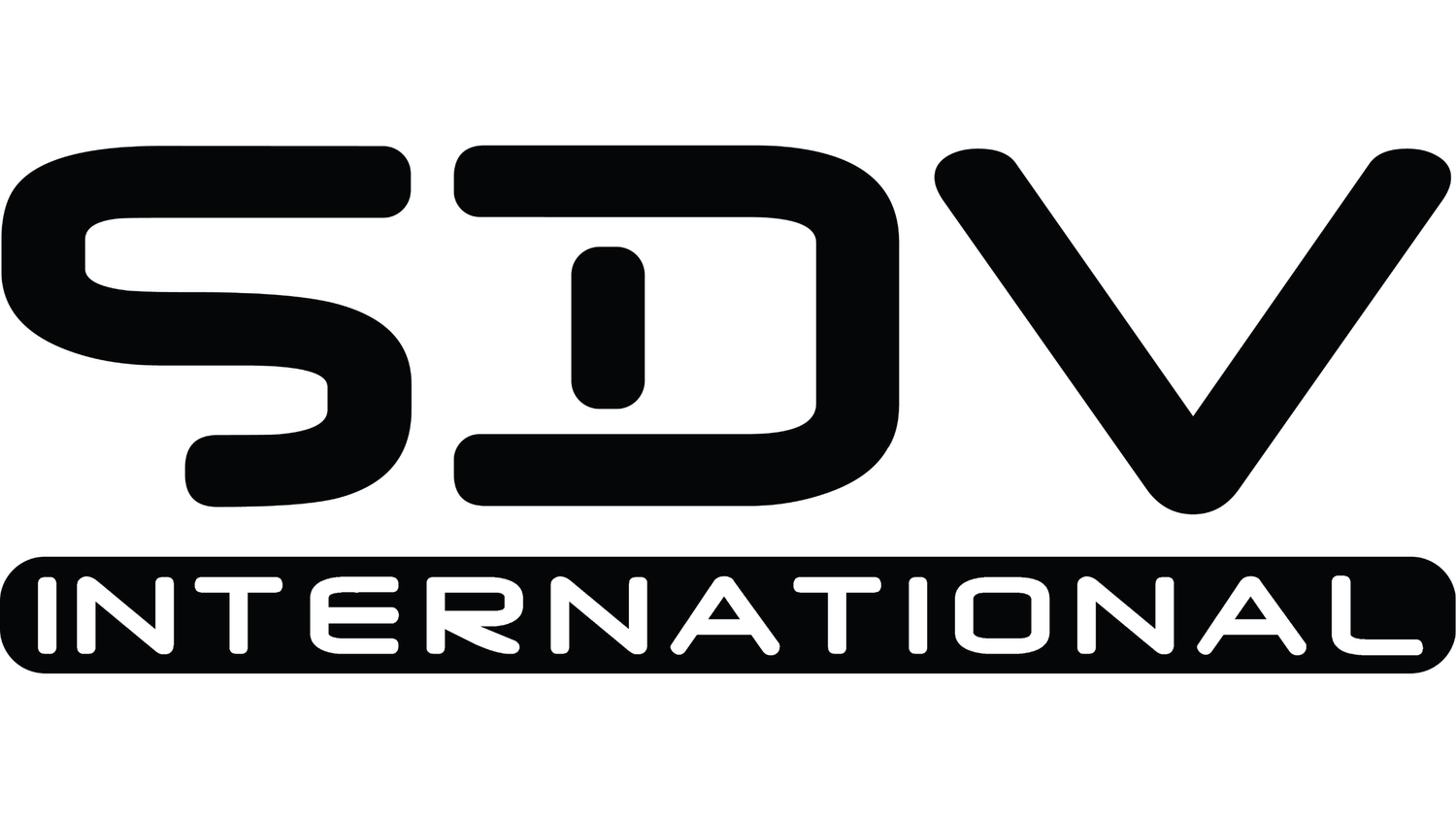By Jason Roys
A software consultant can be a valuable asset to an organization – especially if it wants to use technology to remain effective, competitive and streamlined. But when is it time to start looking for one?
A software consultant is an expert or advisor brought in to offer their specialized expertise about software systems to businesses, government agencies and other organizations. They typically have a comprehensive understanding of software programs, computer science, and computer language.
What does a software consultant do?
Problem-solving skills are one of the greatest assets of a software consultant. Their clients count on them to analyze a problem and provide practical solutions. They should be able to provide the client with software solutions, tools, and strategies that a business client can adequately implement and practice themselves after the consultant's contract is complete. Here are some specific examples of their services.
Advise clients regarding software use.
Help set up online software tools.
Monitor software for updates and security.
Plan new company websites or give revision suggestions for existing sites.
Help customize software systems.
Analyze current software systems for maximum efficiency.
Assess a company's technological needs.
Introduce new technology.
Why do I need a software consultant?
Sometimes, when the budget is tight, managers are tempted to look to a person on staff to take care of their technical support. While this might be helpful for smaller tasks or basic fixes, it could become a burden to the staff and a drain on resources. It can ultimately turn out to be more expensive than working with a consulting firm. Here are some of the tell-tale signs that a business needs to hire a software consultant.
1. In-house IT resources aren't available.
Simple tech problems may have simple solutions. However, more significant problems, particularly regarding technology infrastructure, will probably require an individual who is trained and equipped to tackle them in a set amount of time with specialized knowledge or skills that a company doesn't have.
2. The current IT/software expert is the person from admin.
Certain employees may be knowledgeable of your computer software. But when staff is frequently called away from regular duties to provide technical support, it can hurt productivity and profits. If anyone in the company is regularly spending time or mental energy on a task that's not within their range of expertise or in their job description, it's time to look for help externally.
3. A fresh perspective is needed – especially to "see the big picture."
It's easy to get bogged down by details when faced with an ongoing challenge. When one gets hyper-focused on fixing smaller, harder-to-solve issues, it may distract from the larger issue at hand. A software consultant can bring a fresh perspective to the table as someone from outside the company.
Questions to ask before hiring a software consultant
Does their specialty fit the company's needs? Not all software consultants will have expertise that meets a company's needs. Software consultant skills encompass a broad range of specialties and technology. Before hiring a consultant, make sure they understand exactly what is expected of them and determine whether it would be a good fit based on their qualifications.
Are they experienced professionals? Ask about work they've done for previous clients or to see a portfolio of their successful project management - this is known as ‘past performance’ in the Federal government contracting parlance.
Do they communicate effectively? Communication is key when it comes to a good consultant. Not only should they be able to come up with effective solutions, but they should also be able to clearly communicate how a company can continue to implement the solution after the consultant's contract ends.
Scaling up consulting services
Sometimes, an organization's tech problems may be beyond fixing or re-working. Consultants are essentially contractors, so they provide agreed-upon services with an agreed-upon timeline. They are problem-solvers who address the issue with pre-existing systems, products, or software to optimize efficiency, growth, and profits. But a company's information technology infrastructure may have needs that require a very sophisticated level of consultant. That brings us to the realm of software engineering consultants.
Software engineers and software developers can build custom computer programs for a business's internal systems that are key to the core business. Suppose a company has a particularly dire need for a system or software that's tailored to their company's needs. They look to the marketplace and find that nothing is available. In that case, a software developer may be the right choice.
Sometimes a software developer, even a senior developer, might not be able to fulfill the management requirements needed to implement the entire scope of a project. That's where a software engineering consulting team might be the better choice.
Software engineers are slightly different from developers because they have a broader scope of responsibilities. They apply engineering principles to computer programs and data management. The job requirements extend beyond the technical know-how of most developers. Software engineers incorporate data analysis, testing, scaling, and effective communication with users or stakeholders. Hiring a software engineering consulting team might be the best choice for major projects.
Making the decision
A software consultant can provide good value to any company looking for solutions to their technological deficiencies or issues with software systems. SDV International has highly experienced consultants who can provide digital solutions to increase your business's operation efficacy or profitability.

